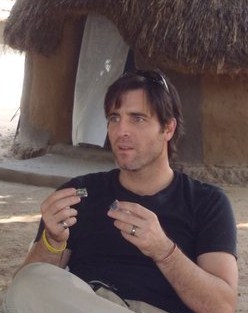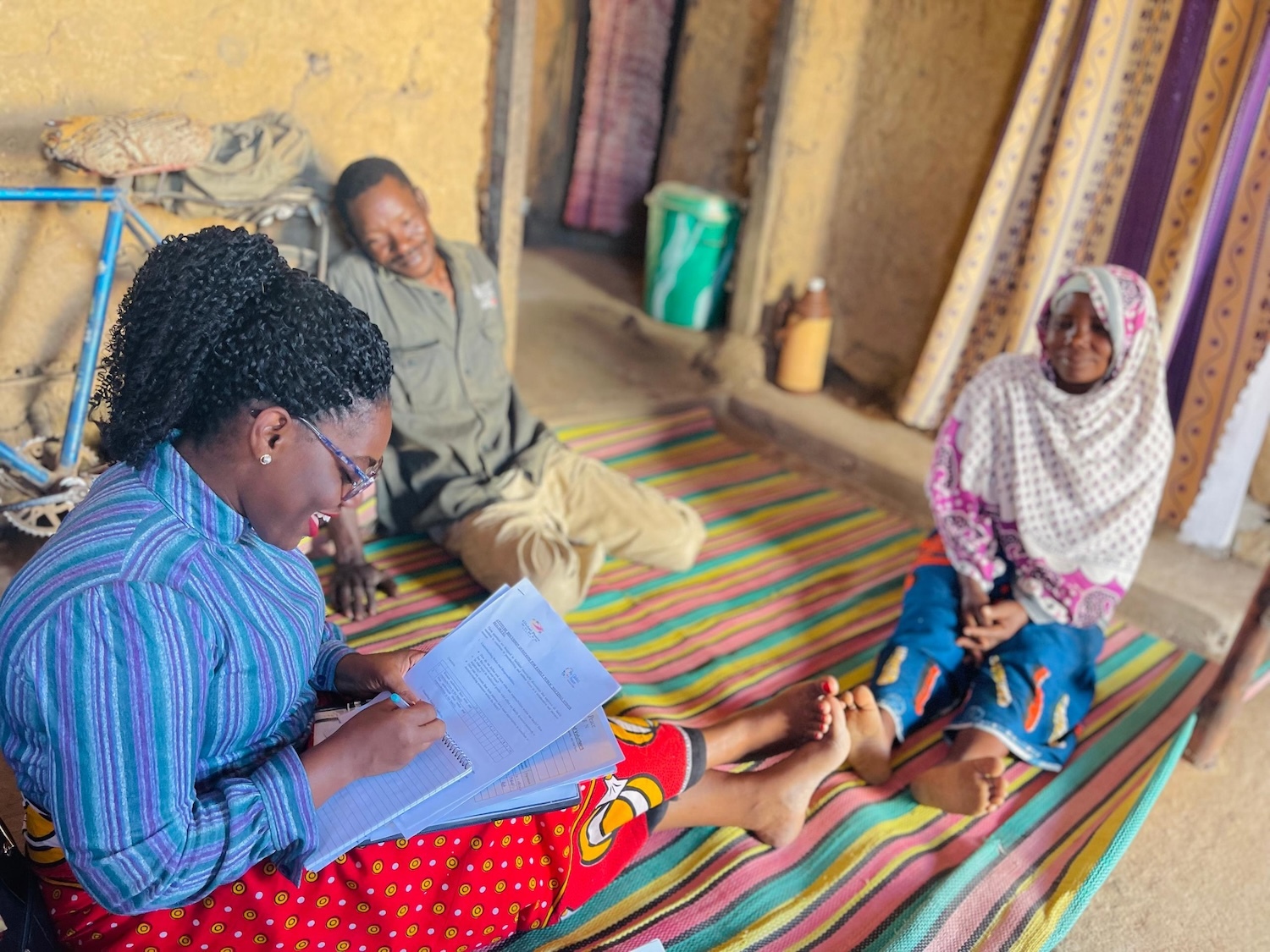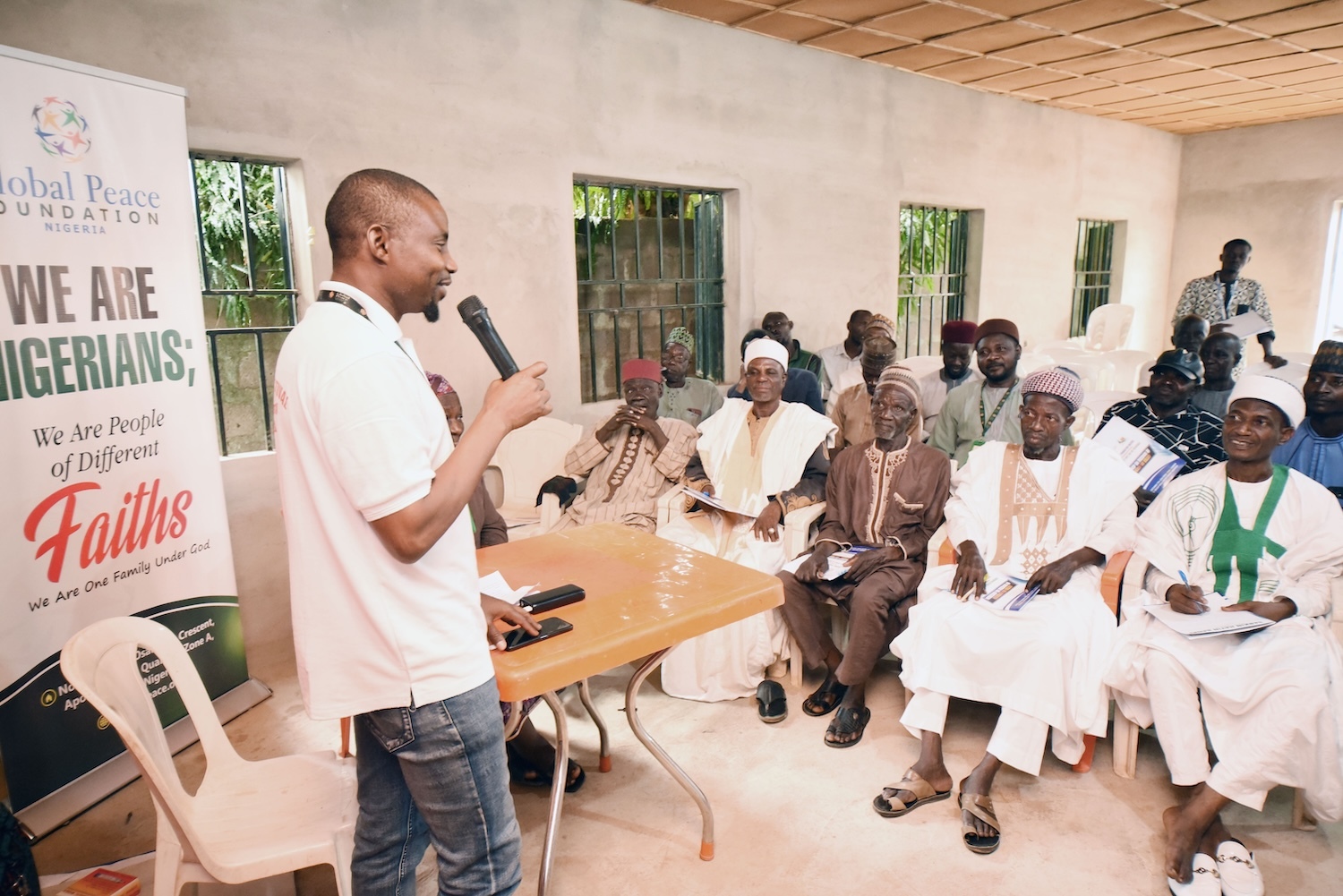“Our children are our future and we must be concerned as a nation about how we ensure their healthy development. There is no replacement for the fundamental institution called the “family.” – Diann Dawson
Peace starts in the individual as a state of mind, a perspective, a way of life – all things molded in the family.
In the family we are tested. Our patience and emotions can be pushed to their limits. And through such experiences we learn that our connections to each other endure beyond differences and conflict. We learn to love, forgive and empathize with our siblings, parents and children. Our hearts grow as does our understanding. In the family we form our values, character and approach to relationships.
Then, it would seem that the family is a good place to start building peace. Communities would benefit from supporting families that nurture and raise children who are physically and mentally healthy, socially responsible individuals.
But, the family has faced it fair share of challenges. War, violence, poverty, corruption, divisions have impacted the family. Children have been robbed of critical lessons and experiences when they lack fathers, mothers, brothers, and sisters.
Yet, despite these challenges, the family remains resilient. Perhaps, it is because in our hearts we keep gravitating towards some ideal of a place where we belong, feel loved, and find solace and hope. In fact, no matter how broken, the family continues to be a place of healing, forgiveness and new life.

James Patton, Executive Vice President and Chief Operating Officer of the International Center for Religion and Diplomacy
During the Global Peace Convention 2013 in Kuala, Lumpur Malaysia, Mr. James Patton, Executive Vice President and Chief Operating Officer of the International Center for Religion and Diplomacy recounted a story from his work in Colombia to bring reconciliation between opposing factions of the former war.
During a session, a 70-year old nun stood in front of a former paramilitary. Weeping, she asked why he had killed her entire community: parents, siblings and friends. He, in turn, wept and told her he was sorry.
Mr. Patton points out that forgiveness cannot happen through logic, it happens with the greatest tool of spiritual peacemaking – empathy.
“To love your enemy is to want them to be healed,” he said. “And by doing so, heal ourselves.”
This is the power of knowing that we are bound to one another by something greater that bridges the divisions created by unimaginable suffering inflicted by one human being to another. This is why the family is essential for peace. In the family we come to understand that we are tied inextricably to each other, not by our own will, but because we come from the same parents. We viscerally learn that we are connected to each other. We learn from firsthand experience how to love, forgive, empathize and be responsible for one another.
Mr. Patton was in no way naïve about the difficulty of the process of forgiveness and healing. He quoted the nun saying, “Beware of the dangers of our own holiness.” While we may feel justified in our impulse to retaliate or seek retribution, love is the only real way forward. Mr. Patton was confident that when we focus on the importance of others in the equation of our happiness, even the most seemingly insurmountable walls can be overcome. When we can put ourselves into the shoes of those who have wronged us, put aside our holiness and embrace our enemy as family, peace can begin.
Family is the starting point to peace.
Watch James Patton at the Global Peace Convention 2013 below:



